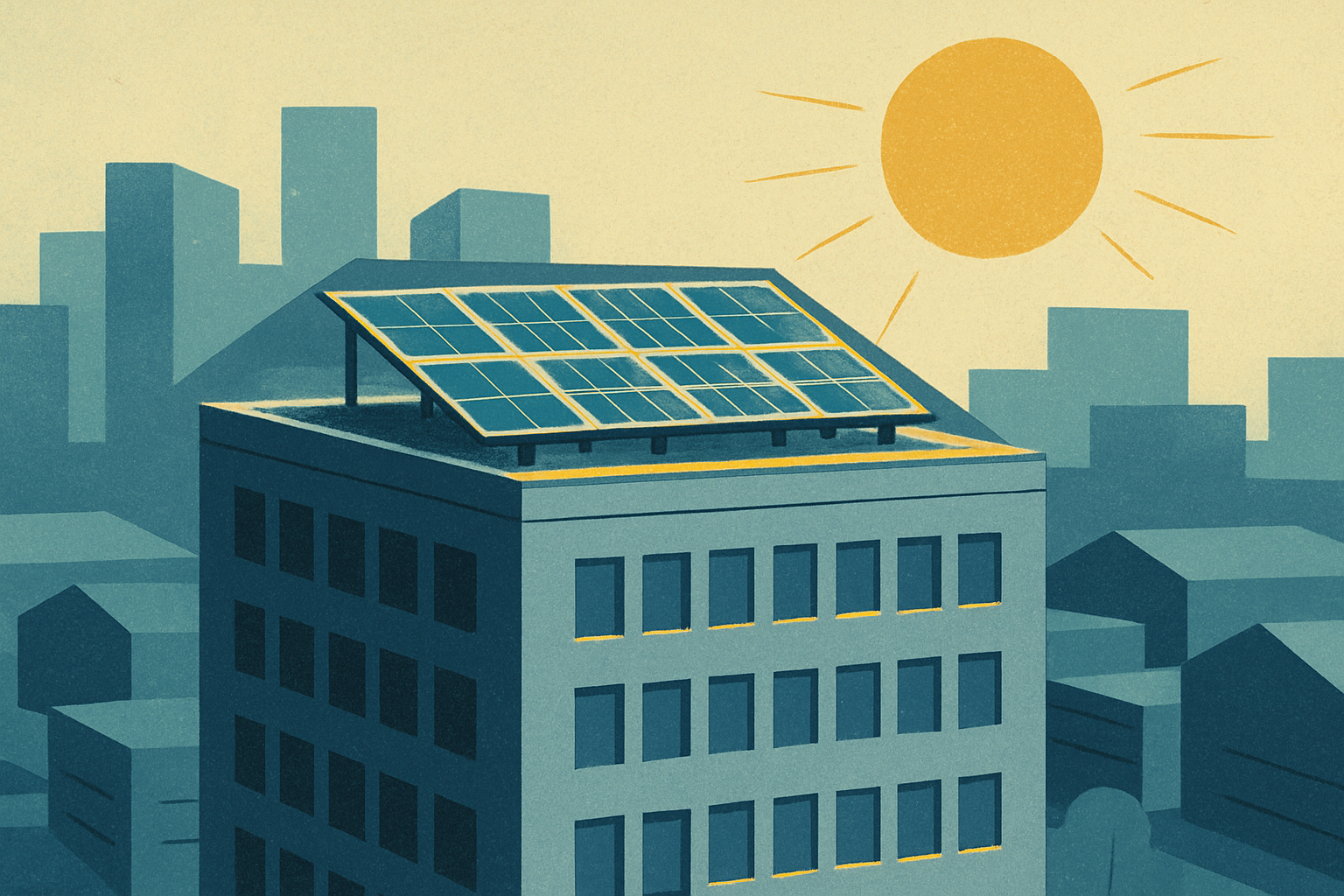The number of green energy tariffs available to UK households has decreased significantly, as consumers prioritise affordability over sustainability amid the ongoing cost of living crisis. Data from uSwitch and energy consultancy Cornwall Insight reveal that green energy deals — which previously comprised 85% of the market in 2022 — now account for just 18% of the tariffs listed on price comparison websites.
This decline signifies a notable shift in consumer behaviour since Russia’s invasion of Ukraine in 2022, which triggered a global energy shock and led to record-high UK household gas and electricity bills. Green tariffs generally carry a premium due to their use of renewable energy sources or associated green certifications. However, with inflation and energy insecurity affecting households, many have opted for cheaper alternatives over green tariffs.
“Green credentials aren’t a higher priority than cost,” said William Mann-Belotti, analyst at Cornwall Insight. “Amid a cost of living crisis, it becomes difficult to sell pure green tariffs at a premium.” Cornwall Insight found that the number of dual-fuel green tariffs available to UK consumers has halved in the last year, dropping from 24 in summer 2023 to just 13 last month.
uSwitch data supports this trend, indicating that green deals — once prevalent on price comparison sites — have become a niche option, representing less than one-fifth of all available tariffs this year. The decline in green tariffs clearly responds to shifting customer priorities, as energy suppliers withdraw premium-priced renewable offerings in response to increased price sensitivity during economic uncertainty.
“Consumer choice plays a strong role in what’s available in the market,” said Mann-Belotti. “When cost concerns take over, suppliers reduce the green options on offer.” He added that many consumers are still exploring other ways to reduce their carbon footprint, including a rise in domestic solar panel installations.
Despite the reduction in the number of green tariffs, the quality of remaining deals has improved, according to uSwitch. The price comparison service grades each green tariff to identify which ones genuinely support renewable generation, as opposed to those relying on purchasing renewable energy certificates (RECs), a practice often criticised as “greenwashing.”
In 2021, fewer than 15% of green tariffs were rated gold or silver by uSwitch. By 2023, 9 out of 10 green deals received top-tier ratings, with only one rated bronze. This reflects a market shift away from tokenistic environmental claims, with suppliers increasingly choosing to source energy directly from renewable projects or tie pricing to real-time renewable availability, encouraging consumers to use power when it’s cleanest.
While the short-term outlook suggests continued pressure on green tariffs due to economic constraints, industry experts suggest policy incentives and falling renewable costs could help restore their popularity. In the meantime, providers aiming to support sustainability will need to find creative ways to balance green credentials with cost-conscious customer expectations.




